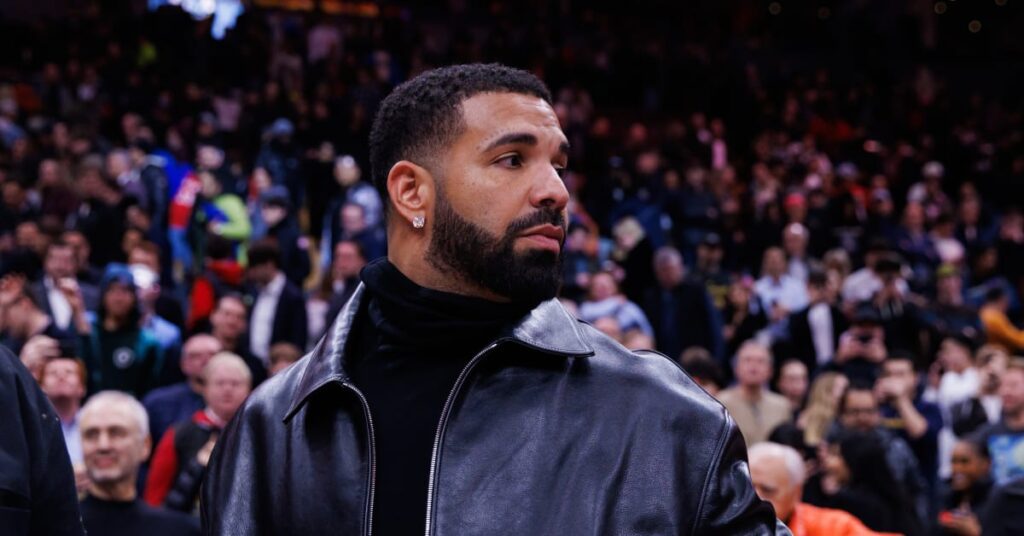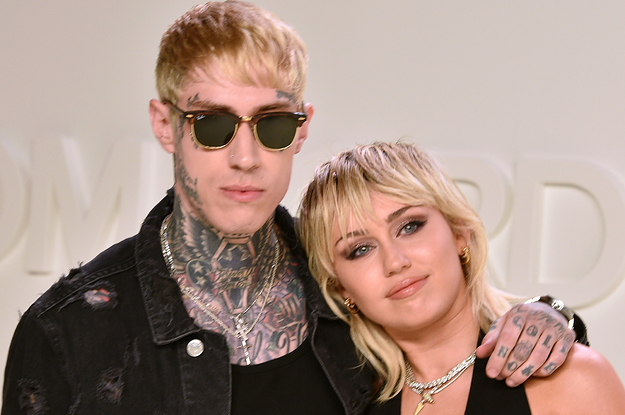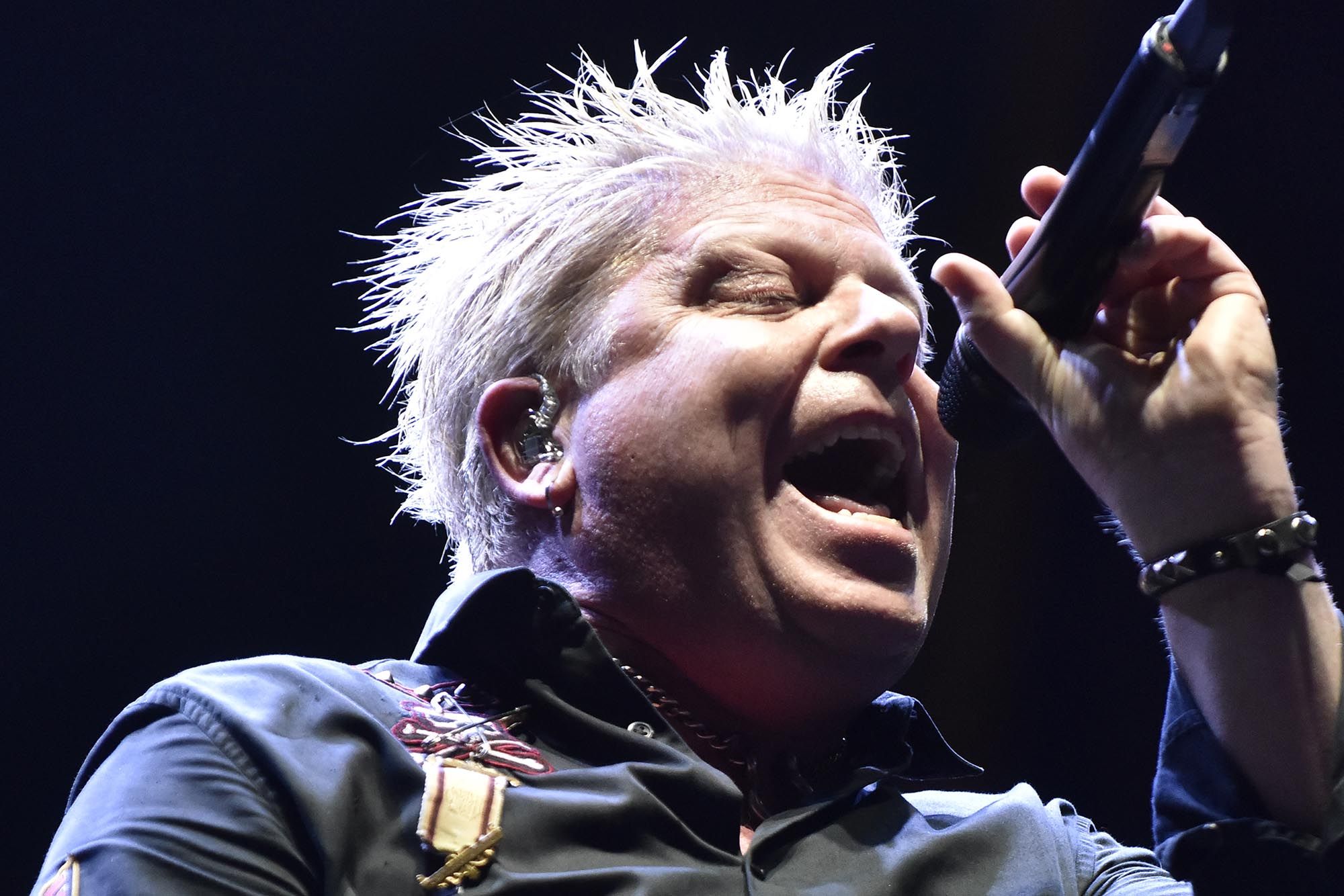
Inside the Drake vs. UMG Hearing: Judge Makes Crucial Ruling in “Not Like Us” Lawsuit
Drake got a victory in his legal battle over Kendrick Lamar’s “Not Like Us”: Universal Music Group, who he is suing for defamation over their release of the diss song, will now have to begin to turn over information related to the massive hit—including sensitive material like Kendrick’s record deal.
Lawyers for Drake and Universal (Drizzy himself was not in attendance) met in a Manhattan federal courtroom on Wednesday afternoon in front of Judge Jeannette A. Vargas.
Documents and Communications related to Kendrick’s marketing plans
The issue was discovery. “Discovery” is the information Drake’s side needs from Universal in order to attempt to prove its case at trial. UMG requested a delay in providing this information until Judge Vargas decides whether to dismiss Drake’s lawsuit altogether, a ruling that isn’t expected for several months.
In court, Universal’s lead attorney Rollin A. Ransom argued that the court needed to take the unusual step of “staying”—delaying—discovery for a number of reasons. Most notably, he claimed that the intel Drake was asking for (which includes information about Kendrick’s contract with UMG; UMG’s promotional activities around the Grammys and the Super Bowl; compensation for UMG’s top executives; “All Documents and Communications” relating to any of Kendrick’s marketing plans; and more) was “very sensitive.” Providing the information now, even though the case may be thrown out in the near future, was “intrusive.”
Drake’s lead lawyer Michael J. Gottlieb made the point that there is already a legal test to determine whether discovery can be delayed. As part of that test, the case has to be, he explained, “without merit,” and shouldn’t involve a “fact-intensive analysis.”
But, he continued, Universal had already admitted that they needed to make a fact-intensive analysis, as part of their own motion to dismiss.
The time frame for discovery
On March 17, UMG filed a 32-page memo, along with 177 pages of supplementary news articles, petitions, and song lyrics, arguing that Kendrick’s song exists in the context of a rap battle, where “hyperbolic insults” are the norm. (Drake, by contrast, is claiming that the song and its cover art were “intended to convey the specific, unmistakable, and false factual allegation that Drake is a criminal pedophile.”) UMG’s filing itself, Gottlieb argued, is nothing if not a “fact-intensive analysis.”
Gottlieb’s argument ultimately won the day. Judge Vargas explained that it is a major and unusual step to stay discovery. In order to do so, she continued, there need to be “no factual issues in need of further exploration.” This was a burden that UMG failed to meet: there are indeed, she said, “fact-intensive” arguments being made. She denied UMG’s motion to stay discovery.
Judge Vargas gave the sides one week to figure out a time frame for discovery—or, if they can’t agree, to write to her and tell her what their differences are. Regardless, it will take months for Drizzy to get all of the information he is asking for, and there are likely to be negotiations along the way, as UMG is expected to try to limit the scope of the star’s requests.
What’s next for the Drake lawsuit?
The next big date in the case is June 30, which is when the sides will argue over the motion to dismiss in front of Judge Vargas.
All of this back-and-forth over discovery and scheduling was necessary because Drake and UMG are extremely unlikely to settle their differences anytime soon. In a joint letter to Judge Vargas late last month, both sides agreed that “settlement discussions would not be productive at this time.” This is in marked contrast to the superstar’s related issues with iHeartMedia, which were resolved amicably in late February.
Ransom refused to comment to Complex after Wednesday’s hearing. Gottlieb, released a statement saying: “Now it’s time to see what UMG was so desperately trying to hide.”



